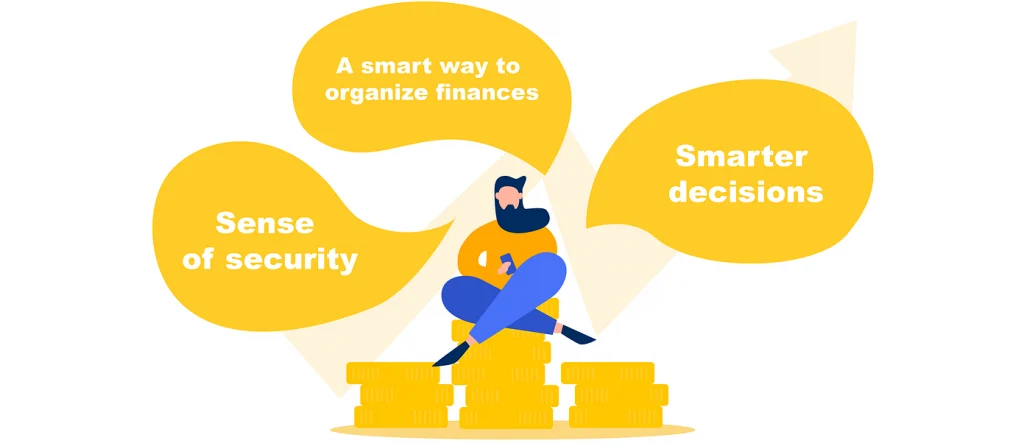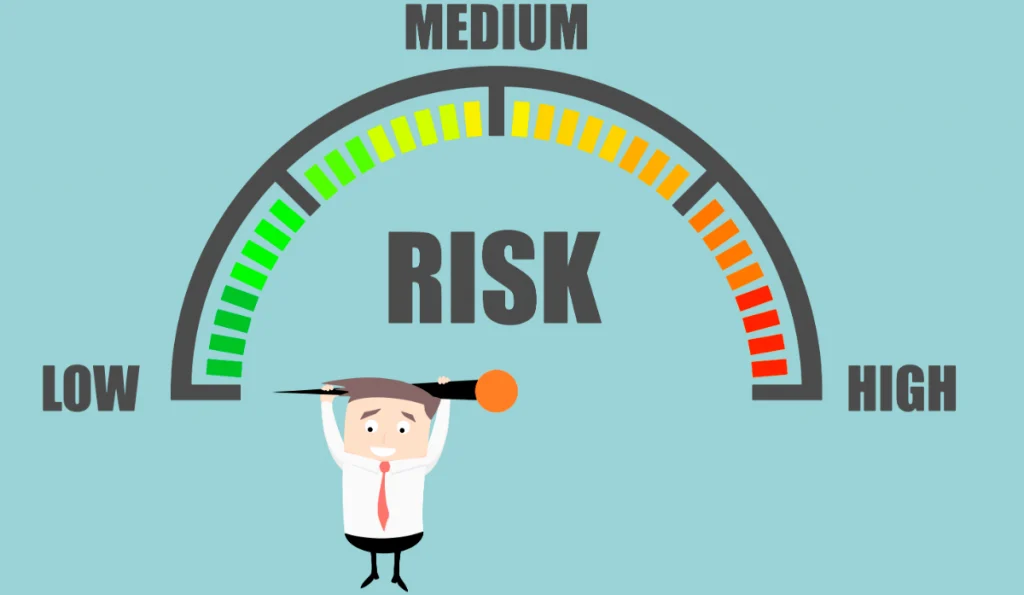“Financial planning” is a methodical process for achieving one’s objectives in life. A financial plan serves as a roadmap for your financial future.
Having a plan is akin, to having a roadmap, for your money. It serves as a tool that enables you to achieve your objectives. It’s not something you do once but an ongoing process. This entails evaluating your situation identifying your immediate requirements and strategizing for future aspirations.
Why is Personal Financial Planning Important?
Financial planning plays a role, in ensuring a fulfilling life. The foundation of this process lies in establishing objectives regarding your finances. These objectives can vary in terms of time frames ranging from short-term aspirations such as saving for a deserved vacation to long-term goals, like securing funds for your child’s education.
To make these financial targets more attainable it is beneficial to break them down into steps. This approach not only makes the goals appear daunting and overwhelming but also sustains your enthusiasm by acknowledging your progress. In essence, it entails taking strides toward realizing your aspirations.

Benefits of Personal Financial Planning
Money Safety: Good money habits create a safety net for unexpected expenses or emergencies.
Reaching Goals: Personal finance helps you set and achieve money goals.
Debt Control: Good money management helps avoid too much debt and manage existing debt wisely.
Money Freedom: Good money habits lead to financial independence.
Retirement Planning: Personal finance involves saving and investing for a comfortable retirement.
Wealth Building: Over time, through investments and smart money choices, personal finance can help you build wealth.
Better Life: Well-managed money leads to a better life with less stress about money.
Money Education: Dealing with personal finance also helps you learn about money.
Family Future: Lastly, personal finance lets you plan for your family’s future.
In short, personal finance is the key to having financial stability, reaching your dreams, and securing your future.
Key Elements of Personal Financial Planning
Setting Goals:

Establishing your goals is the first step in getting your money under control. Clear goals and objectives are necessary for managing your finances. You could have a range of objectives, such as accumulating money for your golden years or purchasing a new car. These objectives should be sorted, and the most urgent ones should be taken care of first. Think of it as determining the endpoint of your financial journey.
Understanding Your Current Situation:
You should carefully assess your existing financial status. This entails having a thorough awareness of your earnings, costs, possessions, obligations, and investments. You may make wise financial decisions by being aware of your financial situation. It’s similar to performing a financial health checkup to ensure everything is in order.
Budgeting:

Essentially, a budget is a financial plan that includes your income (the money you receive), expenses (the money you spend), and savings. It’s a practical tool that aids in achieving your financial objectives and staying within your budget. Consider it a financial compass that will guide you in making wise financial decisions.
Emergency Fund:
Life can be full of surprises and sometimes, emergencies can happen out of the blue. An emergency fund is like a safety net for your money that’s meant to cover surprise costs like medical bills or car repairs. It’s usually a good idea to have enough money in your emergency fund to cover three to six months’ worth of living costs. Think of it as a money umbrella, keeping you dry during a money storm.
Managing Debt:

If you have debts like credit card bills or student loans, it’s really important to have a plan for dealing with them and paying them down. This could mean making regular payments, combining your debts, or trying to get lower interest rates. It’s like having a map to help you find your way out of the debt forest.
Saving and Investing:
Saving money can help you reach your short-term goals. It’s like a money springboard for things you need right away. But investing is like planting a money seed that can grow your wealth over time. Having both in your money plan is like eating a balanced diet – it makes sure you’re ready for both now and later.
Managing Risk:

Insurance is a way to safeguard oneself against financial harm and can vary depending on one’s specific situation. This could include health insurance for medical needs, life insurance for financial security after you’re gone, disability insurance in case something happens that makes you disabled, or property insurance to protect your things. It’s like having money safety gear for different parts of your life.
Tax Planning:
Taxes can take a big chunk out of your income and investments. Tax planning is about using strategies to pay less in taxes. It’s like finding legal shortcuts in the tax maze so you can keep more of the money you’ve worked hard for.
Retirement Planning:

Preparing for retirement is incredibly important for many individuals. This involves making contributions to retirement accounts like a 401(k) or an IRA, as well as investing in assets that produce income and provide a consistent stream of funds during retirement. Essentially, it’s like creating a financial cushion for your golden years. By following these steps, you can guarantee a comfortable and financially secure future for yourself.
Estate Planning:
Estate planning is about making plans for what happens to your things after you pass away. This process includes making a will, which is like a map of your things after you’re gone. It also involves setting up trusts, which are like safe boxes for your things. Plus, you’ll need to name an executor, who acts like a boss, to take care of your estate. It’s all about making sure your things are given out the way you want after you’re gone.
Review and Adjust:
Personal finance planning is not a one-time activity but rather an ongoing process. It’s crucial to regularly review your financial plan and make necessary adjustments. Changes in income, expenses, financial goals, or life circumstances can all necessitate modifications to your plan. It’s like maintaining a garden – regular care and adjustment according to the seasons
Concluding Personal Financial Planning
Planning your money is a big process that involves setting money goals, understanding where you are with your money right now, making a budget, saving and investing, managing risk, and planning for retirement. It’s a process that keeps going and needs regular checks and changes. By managing your money well, you can have financial stability, reach your money goals, and enjoy a better life.
Note: It’s crucial to remember that personal finance planning is not a one-off task. Instead, it’s an ongoing process that demands regular review and adjustment. As your financial situation evolves over time, your plan should adapt accordingly. It’s like maintaining a garden – regular care and adjustment according to the seasons ensure its growth and prosperity.
Read More:
How to Save Money Like a Pro: 9 Tips for Financial Success
Motivations for personal financial management: A Self-Determination Theory perspective

